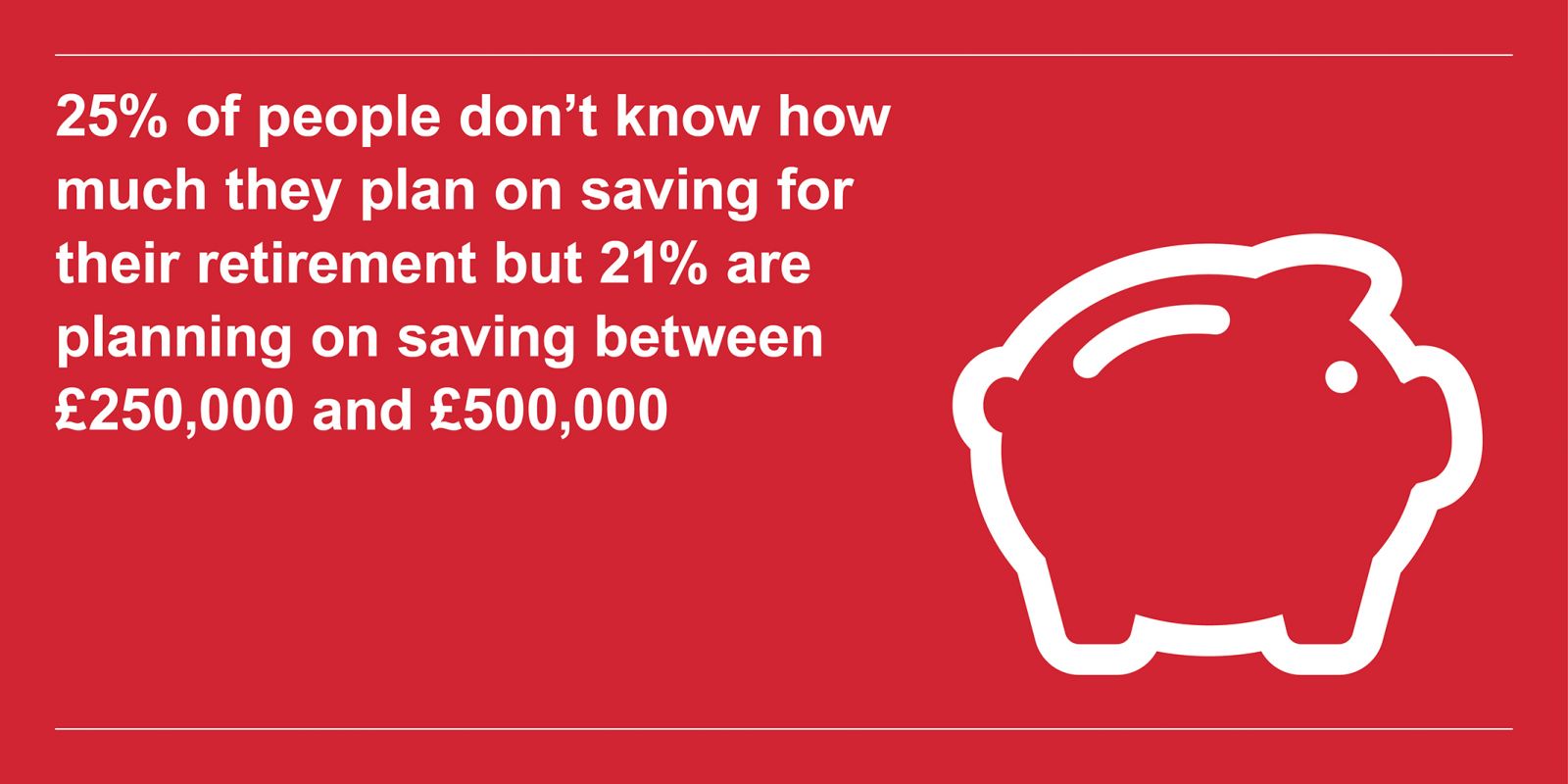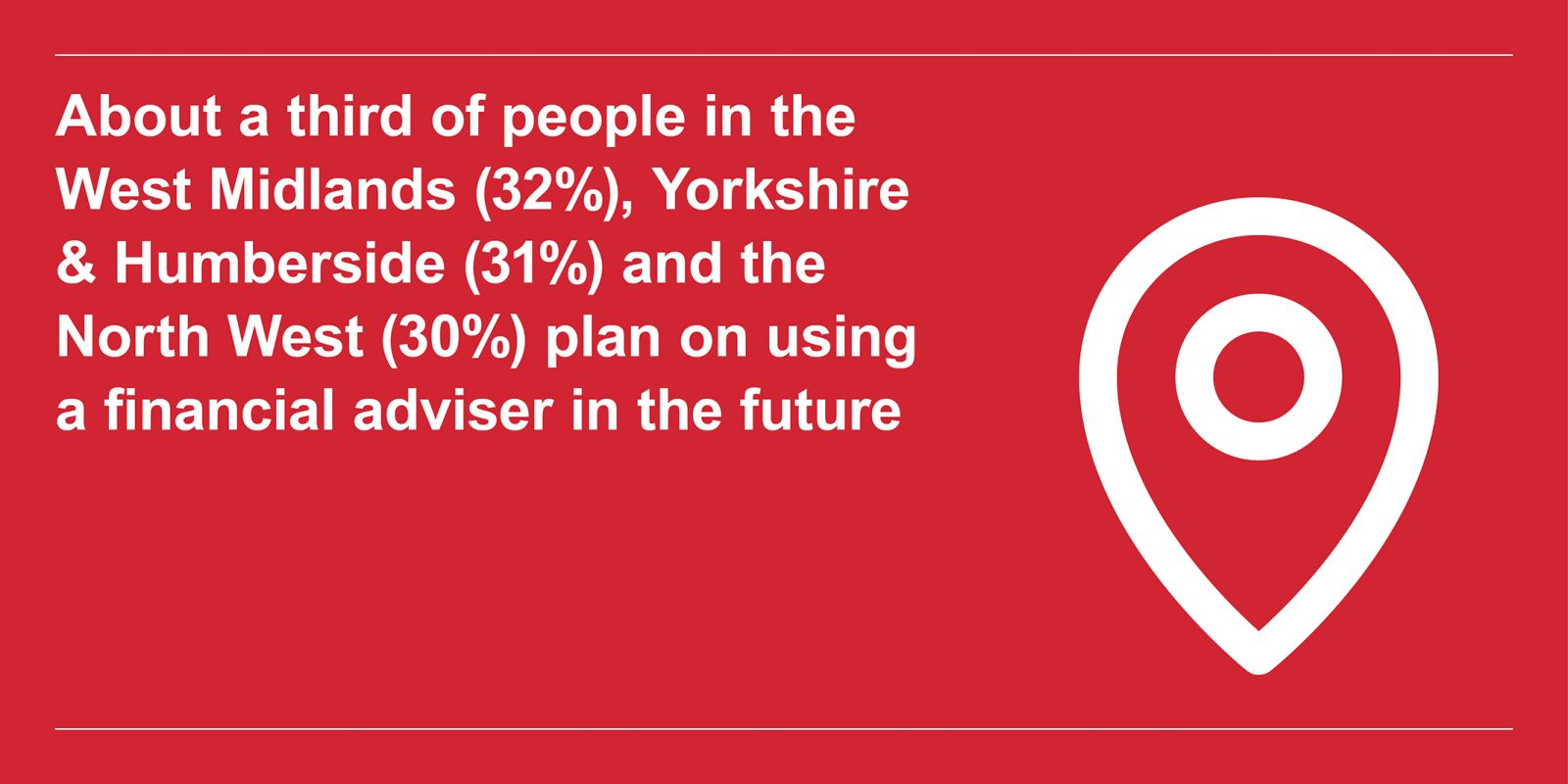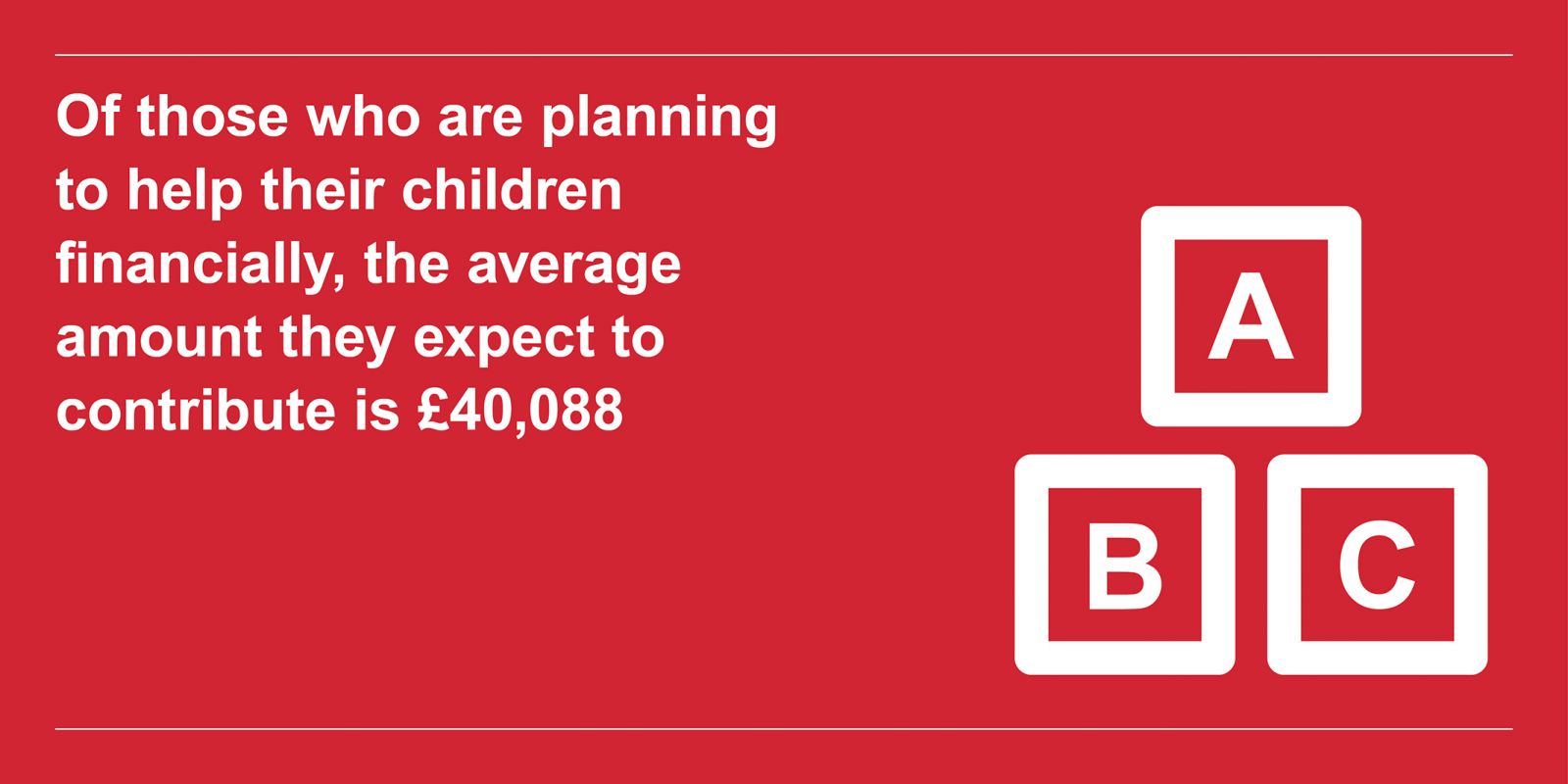The sandwich generation: Not having enough money for retirement is the biggest concern
New research from the AIC on the “sandwich” generation.
Average life expectancy has generally been increasing, and saving for retirement is the biggest concern for the “sandwich” generation.
In a recent survey from the Association of Investment Companies of the “sandwich” generation aged 35 – 55 who have elderly parents and children and a minimum household income of £50k, research found that half (49%) said not having enough money for retirement was their biggest financial concern. This was followed by their children’s school/university fees (36%) and not being able to help family members financially (23%).

Saving for retirement
Three quarters (75%) of people interviewed said they had either a final salary, defined benefit pension or a defined contribution pension from their employer, and 47% said they had a personal defined contribution pension and/or a Self-Invested Personal Pension (SIPP) arranged individually. Whilst having this pension provision, nearly half (48%) of people said they still expect any money they currently have saved outside their pension to be used for retirement.
Research revealed that, on average, the “sandwich” generation are planning to save £419,248 for retirement with one fifth (21%) of those surveyed said they were planning on saving between £250,001 and £500,000 for their retirement. On average, men are planning to save over £100,000 more than women for their retirement, £463,922 in comparison to £361,329. Interestingly, a quarter (25%) said they didn’t know how much they were planning to save.
Financial contributions
Unfortunately, it’s not just their own retirement that the “sandwich” generation are concerned about when it comes to their finances. Nearly a third (31%) of people said they were currently contributing financially to support their child/children after they finished school and a further 46% were planning to contribute. The average amount the “sandwich” generation expect to contribute is £40,088. Interestingly though, almost half (46%) think their children will be better off financially when they reach their age.
While half (52%) of those surveyed aren’t planning or currently contributing financially to help their parents or parents-in-law, those who are (34%) said the average amount they expect to contribute is £18,378, which would go towards bills or expenses, medical expenses and/or retirement home.
Saving habits
 When it came to their saving habits, an overwhelming number (66%) said they use a cash savings account and/or a cash ISA (59%) to save money, with a stocks and shares ISA the third most popular choice (35%). While most (50%) expect any savings (excluding pension savings) they have to be used for “a rainy day”, retirement (48%) was the second most popular option followed by a holiday (42%) and property (32%). Of those who have money saved, their 20s and 30s were the most popular age groups for when they first started saving but a quarter (25%) have been saving since childhood.
When it came to their saving habits, an overwhelming number (66%) said they use a cash savings account and/or a cash ISA (59%) to save money, with a stocks and shares ISA the third most popular choice (35%). While most (50%) expect any savings (excluding pension savings) they have to be used for “a rainy day”, retirement (48%) was the second most popular option followed by a holiday (42%) and property (32%). Of those who have money saved, their 20s and 30s were the most popular age groups for when they first started saving but a quarter (25%) have been saving since childhood.
Investments
When asked what they would invest in if they had money to put aside for 10 years and could only invest in one thing, property came out on top (44%), followed by stocks and shares (27%).
49% of people said they felt confident about investing in the financial market, but men are considerably more confident about this than women, 60% versus 36%.
When asked to best describe their attitude towards investing, 46% of people feel they’d like to get involved with investing but don’t know where to start. This could be a potential opportunity for financial advisers, especially as a quarter (25%) of people said they plan on using a financial adviser in the future, while another quarter (26%) would consider using an adviser. Interestingly, those in the North of England seemed most likely to use an adviser’s services, as about a third of people in the West Midlands (32%), Yorkshire & Humberside (31%) and the North West (30%) said they plan on using a financial adviser in the future.
Commenting on the research, Annabel Brodie-Smith, Communications Director of the Association of Investment Companies said: “For the ‘sandwich’ generation, saving for their retirement is clearly a big concern, and with plans to contribute financially to support their children and parents, it’s perhaps no wonder.
 “It’s revealing that more people chose property as the only asset they would invest in for ten years than stocks and shares. This has to be related to the fact that only half of interviewees were confident about investing in the financial markets, with men being more confident than women. Nearly half also want to start investing but don’t know where to start. This is clearly an opportunity for financial advisers and highlights the need for financial education.
“It’s revealing that more people chose property as the only asset they would invest in for ten years than stocks and shares. This has to be related to the fact that only half of interviewees were confident about investing in the financial markets, with men being more confident than women. Nearly half also want to start investing but don’t know where to start. This is clearly an opportunity for financial advisers and highlights the need for financial education.
“Investors could consider an investment company for their long-term saving. Investment companies have strong long-term performance, due to the benefits of the closed-ended structure and income advantages. Investors can regularly invest from £50 a month or invest lump sums which can add up over time. If you invested £100 into the average investment company every month for the last 25 years - that’s a total of £30,000 – this would have grown to over £127,000 at the end of August 2017. A significant portion of what the ‘sandwich’ generation would like to have in their retirement pots.”
-Ends-
Follow us on Twitter @AICPRESS
Notes
- The sandwich generation research was conducted by Opinium from the 22 August - 5 September 2017 amongst 2,011 UK parents aged 35-55, who have a minimum household income of £50k, at least one parent/parent-in-law living and who have or would consider having a stocks and shares ISA.
- The Association of Investment Companies (AIC) was founded in 1932 to represent the interests of the investment trust industry – the oldest form of collective investment. Today, the AIC represents a broad range of closed-ended investment companies, incorporating investment trusts and other closed-ended investment companies and VCTs. The AIC’s members believe that the industry is best served if it is united and speaks with one voice. The AIC’s mission statement is to help members add value for shareholders over the longer term. The AIC has 352 members and the industry has total assets of approximately £174 billion.
- Disclaimer: The information contained in this press release does not constitute investment advice or personal recommendation and it is not an invitation or inducement to engage in investment activity. You should seek independent financial and, if appropriate, legal advice as to the suitability of any investment decision. Past performance is not a guide to future performance. The value of investment company shares, and the income from them, can fall as well as rise. You may not get back the full amount invested and, in some cases, nothing at all.

